What Happens When You Resist the Urge to Pee?
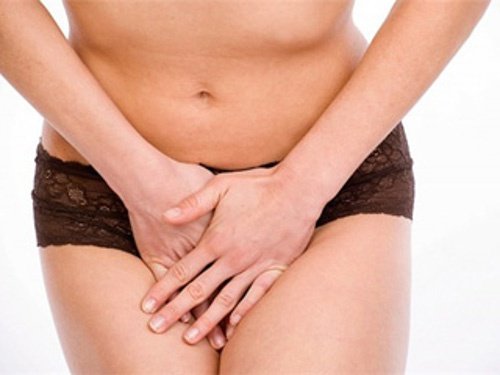

Reviewed and approved by the doctor José Gerardo Rosciano Paganelli
We’ve all resisted the urge to pee at some point. It could be because it’s impossible for you to get to a bathroom, or you’re in the middle of something that keeps you from going. But try not to make this a habit–it can have serious consequences. That’s why today, we’re going to talk about what happens in your body when you resist the urge to pee.
Urinary tract infection
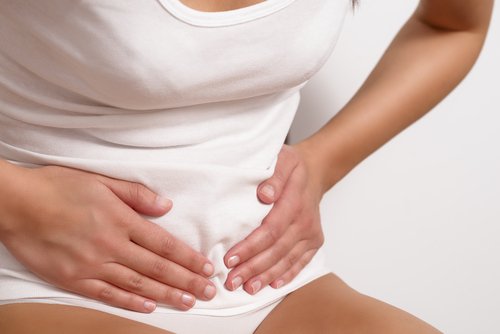
One of the consequences are urinary tract infections. Holding it in makes it easy to contract a bacterial infection in your urinary tract.
The reason is simple: urine contains germs, and if they sit in the bladder for a long time they can lead to infection.
If you resist the urge to pee, it can lead to kidney stones
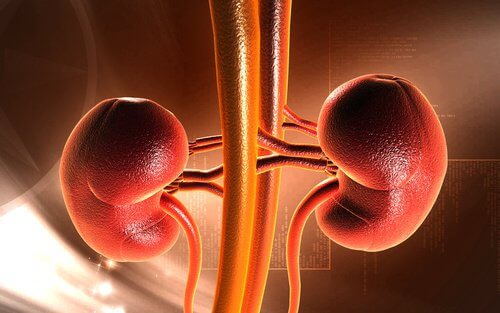
Read more:
6 Tips to Eliminate Kidney Stones
You can usually pass small kidney stones by peeing, as long as they’re truly small. But if they grow larger, you can’t pass them, which means you wind up in the operating room.
If you want to prevent them, it’s important to drink lots of water and go to the bathroom whenever your body tells you to. This is the only way you can remove debris in the kidneys without making things worse.
Cystitis
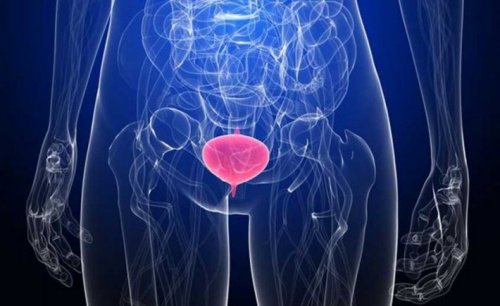
If you’re having pelvic pain and only a small amount comes out when you urinate, you should probably see your doctor. The symptoms you’re going through are typical of cystitis.
The bladder swells
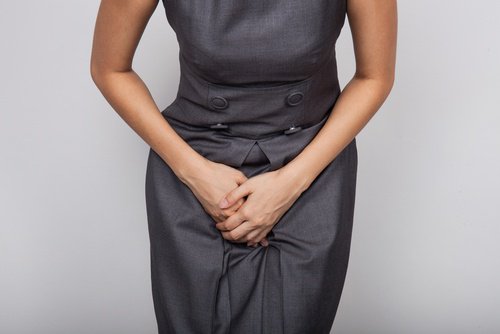
Your bladder can hold about three cups of water. Remember that if you’re drinking a lot and won’t be able to make it to a bathroom in the near future. This is really useful to keep in mind if you’re at work, have an important meeting to go to, etc.
There are receptors in the brain that are responsible for sending a signal telling you that you need to go to the bathroom when your bladder is full. The brain itself can trigger urination it has to. Your bladder won’t stretch out forever.
Other negative side effects

Returning it from the bladder and urethra
This is probably the most serious consequence. If you resist the urge to pee for too long, at some point your body might not expel it. Instead, it might just return it to your kidneys, which can cause serious infections.
First, you’ll have the normal urge to pee. This can go on for a long time, and it will stay in your bladder. But it will eventually go back if you don’t use the bathroom soon enough, and can cause major health problems.
We recommend:
What Are the Symptoms of Gallbladder Stones?
Abdominal swelling
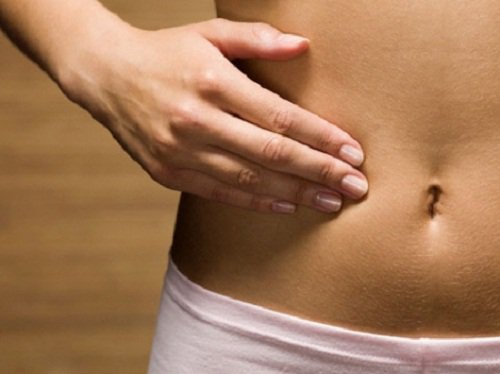
Besides discomfort, fluid retention can also cause infections. At the end of the day, it’s best to just go to the bathroom whenever you feel the urge.
All cited sources were thoroughly reviewed by our team to ensure their quality, reliability, currency, and validity. The bibliography of this article was considered reliable and of academic or scientific accuracy.
- Al-Badr, A., & Al-Shaikh, G. (2013). Recurrent urinary tract infections management in women: A review. Sultan Qaboos University Medical Journal, 13(3), 359–367
ncbi.nlm.nih.gov/pmc/articles/PMC3749018/ - Matlock, K. A., Tyroch, A. H, Kronfol, Z. N., McLean, S. F., & Pirela-Cruz, M. A. (2013, June). Blunt traumatic bladder rupture: A 10-year perspective. Am Surgery, 79(6), 589-593
ncbi.nlm.nih.gov/pubmed/23711268 - Selius, B. A., & Sbedi, R. (2008, March 1). Urinary retention in adults: Diagnosis and initial management. American Family Physician, 77(5), 643-650
aafp.org/afp/2008/0301/p643.html
This text is provided for informational purposes only and does not replace consultation with a professional. If in doubt, consult your specialist.








